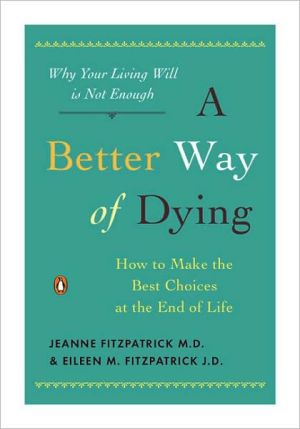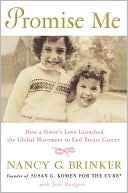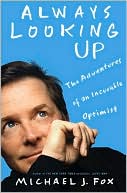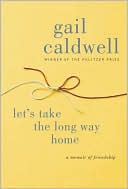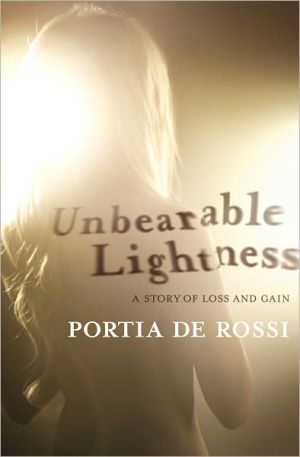A Better Way of Dying: How to Make the Best Choices at the End of Life
The fail-safe plan for ensuring one's final wishes are respected\ Advanced directives and living wills have improved our ability to dictate end-of-life care, but even these cannot guarantee that we will be allowed the dignity of a natural death. Designed by two sisters-one a doctor, one a lawyer-and drawing on their decades of experience, the five-step Compassion Protocol outlined in A Better Way of Dying offers a simple and effective framework for leaving caretakers concrete, unambiguous,...
Search in google:
The fail-safe plan for ensuring one's final wishes are respected Advanced directives and living wills have improved our ability to dictate end-of-life care, but even these cannot guarantee that we will be allowed the dignity of a natural death. Designed by two sisters-one a doctor, one a lawyer-and drawing on their decades of experience, the five-step Compassion Protocol outlined in A Better Way of Dying offers a simple and effective framework for leaving caretakers concrete, unambiguous, and legally binding instructions about your wishes for your last days. Meant for people in every walk of life-from the elderly, to those in the early stages of mentally degenerative diseases like Alzheimer's, to healthy young people planning for an unpredictable future-this book creates space for a discussion we all must have if we wish to ensure comfort and control at the end of our lives.. Publishers Weekly Bringing together their respective expertise, sisters and debut authors Jean, an emergency room doctor, and Eileen, a practicing lawyer, explain the care pitfalls of death and dying that persist even for those who believe they're covered by a Living Will. Despite "clearly expressed wishes" to the contrary, many patients close to death are kept alive-using ventilators, antibiotics, intravenous feeding and other methods-by medical personnel ("most doctors still graduate... with basically no training in end-of-life situations"), family members unwilling to accept the inevitable, and nursing homes that benefit financially from keeping Medicaid recipients alive. To clear up ambiguities over end-of-life care, the authors advise putting together a one-page "Contract for Compassionate Care" that "gives you the option to choose a natural death" by delineating what care should be withheld-including hospitalization, antibiotics, usual medications, and hydration/nutrition. The authors outline a practical Compassion Protocol for creating the contract, which prioritizes communication with loved ones and health care professionals. The Fitzpatricks also provide detailed, authoritative and compassionate information on subjects most don't confront until it's too late, including hospice care ("an excellent source of... pain control, symptom management, and emotional and spiritual support"), nursing homes, and typical end-of-life scenarios (permanent unconsciousness, Alzheimer's dementia).
\ Publishers WeeklyBringing together their respective expertise, sisters and debut authors Jean, an emergency room doctor, and Eileen, a practicing lawyer, explain the care pitfalls of death and dying that persist even for those who believe they're covered by a Living Will. Despite "clearly expressed wishes" to the contrary, many patients close to death are kept alive-using ventilators, antibiotics, intravenous feeding and other methods-by medical personnel ("most doctors still graduate... with basically no training in end-of-life situations"), family members unwilling to accept the inevitable, and nursing homes that benefit financially from keeping Medicaid recipients alive. To clear up ambiguities over end-of-life care, the authors advise putting together a one-page "Contract for Compassionate Care" that "gives you the option to choose a natural death" by delineating what care should be withheld-including hospitalization, antibiotics, usual medications, and hydration/nutrition. The authors outline a practical Compassion Protocol for creating the contract, which prioritizes communication with loved ones and health care professionals. The Fitzpatricks also provide detailed, authoritative and compassionate information on subjects most don't confront until it's too late, including hospice care ("an excellent source of... pain control, symptom management, and emotional and spiritual support"), nursing homes, and typical end-of-life scenarios (permanent unconsciousness, Alzheimer's dementia).\ \ \ \ \ Library JournalAs the baby boomers hit retirement age, these volumes can provide valuable information to them and their families. The Hogans (founders, Home Instead Senior Care) demonstrate that options for senior care have proliferated but require careful planning, evaluation, and financial resources. They provide advice for adult children on how to initiate conversations about changes in abilities and living arrangements and stress the importance of planning early, before a crisis situation arises. Also explained are the advantages and limitations of various types of living accommodations, such as adaptations of independent living spaces, independent-living communities, assisted-living facilities, senior and day centers, nursing homes, and care at home.\ \
